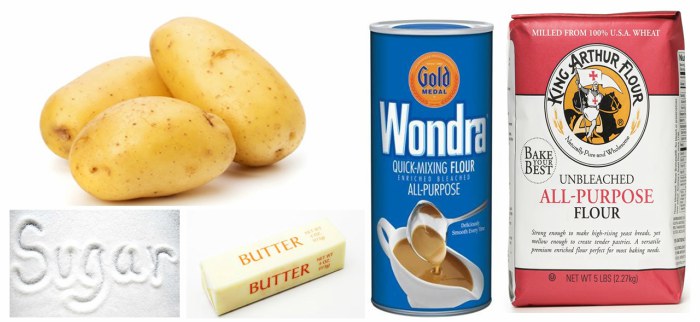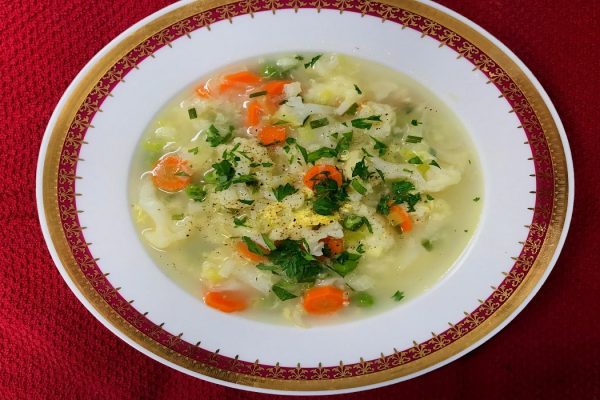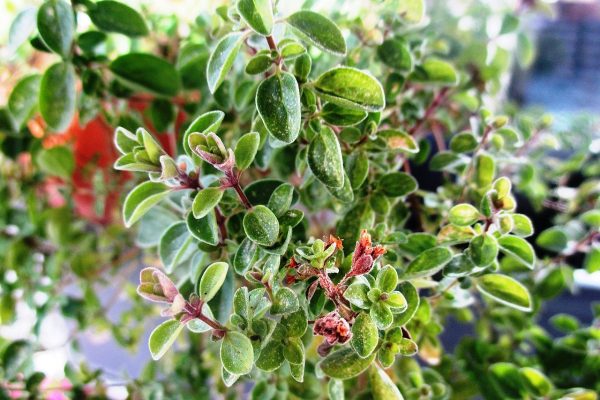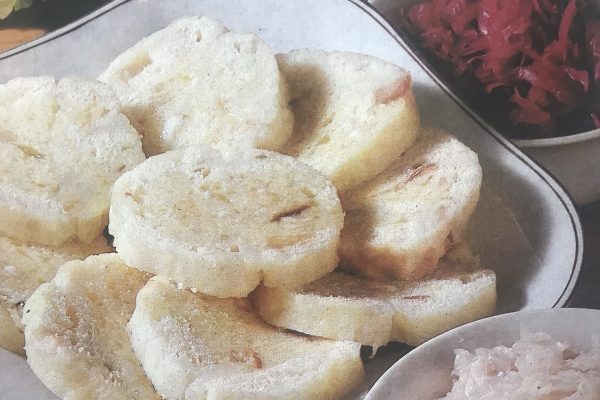Five simple ingredients and a whole lot of taste. So what happens when you mix a little bit of flour, some boiled potatoes, sugar and a lots of butter? You get something delicious that Czechs call škubánky. It’s a little bit like potato dumplings or gnocchi, but the way it is usually served, it’s more like a dessert.
Poppy seeds lend a rich, mysterious flavor to sweet and savory foods, but in this dish they are the star. First of all, it should be made clear that this spice is not narcotic because the opium is found in the pod and not the seed itself…
The provided excerpt offers just a glimpse into the extensive article. To unlock the full content, become a Patreon patron. Our team meticulously gathers and curates valuable information, sparing you hours, days, or even months of research elsewhere. Our goal is to streamline your access to the best of our cultural heritage. However, a portion of the content is locked behind a Patreon subscription to help sustain our operations and ensure the continued quality of over 1,200 pages of our work.
Alternatively, you can contribute through Venmo, PayPal, or by sending cash, checks, money orders. Additionally, buying Kytka’s books is another way to show your support.
Your contribution is indispensable in sustaining our efforts and allows us to continue sharing our rich cultural heritage with you. Remember, your subscriptions and donations are vital to our continued existence.





















